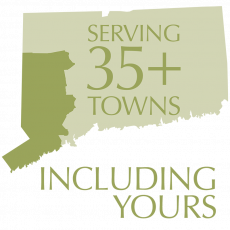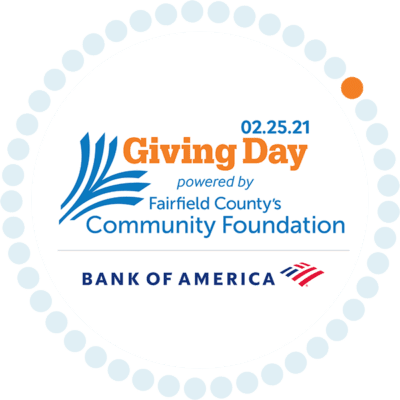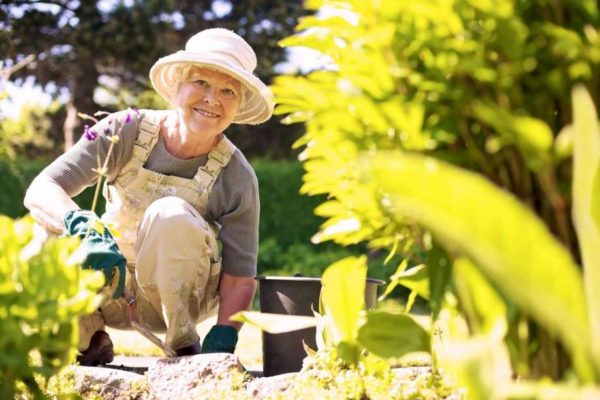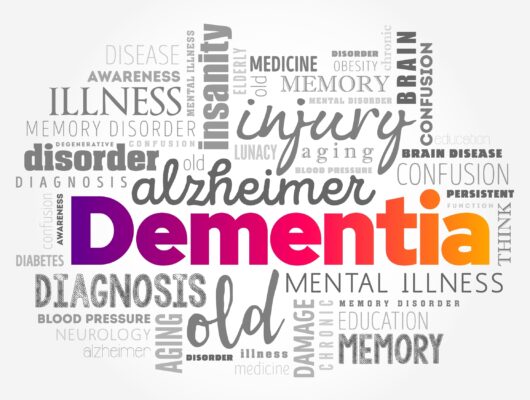

For many, choosing to get the COVID-19 vaccine is a simple one. They have neither undue risks nor conditions, no severe allergies; are not pregnant and have no personal convictions that sway them against getting a vaccine. For this population, it’s just a matter of getting an appointment. But for others, there are serious considerations. One group in particular is breastfeeding moms for whom public health guidance on the COVID-19 vaccine has not been entirely clear or consistent.
“The reason for this,” explains Laura Shulman Cordeira, MPH, Director of Community Health & Wellness at RVNAhealth, “is that the clinical trials for the COVID-19 vaccines currently available in the U.S. (Pfizer, Moderna, J&J) did not include pregnant or breastfeeding moms So, we don’t have perfectly clear data on the safety of COVID-19 vaccines in lactating parents; or the effects on the infant; or the effects on milk production. But that doesn’t mean that there is no information to work from.”
“For example,” explains Cordeira, “we do know that neither mRNA vaccines (Pfizer/Moderna) nor attenuated adenovirus vaccines (J&J) are new “technologies” or “types” of vaccines. We have many years of data on how these vaccine types work, so many of the conclusions and expectations being made for the COVID-19 vaccines are based on knowledge learned from other vaccines of these types. We also know that if one were to get COVID-19 (the virus, not the vaccine), the effects could be long-lasting. And that’s an important consideration too.”


When Cordeira receives inquiries from recent or to-be moms looking for guidance on receiving the vaccine, she offers direction to the science, facts, and data available, so each can make an informed decision – that’s right for them. “As a data-driven, holistically-minded parent myself, I can relate to their challenge,” says Cordeira. “My interest is not to persuade them, but to offer information they might otherwise not be aware of.”
Lesser-Known, but Highly-Legitimate, Resources
Typically Cordeira reminds parents of the standard go-to sites (CDC, FDA, WHO), but she also shares a handful of other resources — websites and articles — where she finds helpful, non-judgmental, non-partisan, data-based and timely information.
Some of Cordeira’s favorites are:
- Dear Pandemic: an interdisciplinary all-woman team of researchers and clinicians with expertise including nursing, mental health, demography, health policy/economics, and epidemiology whose mission is to educate and empower individuals to successfully navigate the COVID-19 “information overwhelm.”
- Your Local Epidemiologist: a webpage hosted by a scientist with a Masters in Public Health and a PhD in Epidemiology and Biostatistics. The purpose of the site is to “close the communication loop” by translating and making science accessible through data-driven and science-driven articles and posts.
- Economist Emily Oster: an economist and writer of books on pregnancy and parenting.
Cordeira also shares topic-specific articles that may help interpret the science and data for those in decision-making mode. On the topic of the COVID-19 vaccine and breastfeeding, she points to the following:
- How mRNA Vaccines Work
- Vaccines: Pregnancy and Lactation Edition
- Antibodies in Breast Milk
- Vaccine and Pregnancy/Breastfeeding
“Breastfeeding moms are only one of the special groups who are weighing the vaccine decision,” says Cordeira. “Part of our public health mission at RVNAhealth is to provide access and direction to education to help individuals understand the vaccine, so they understand the options as they weigh their choices. The good news is that as more time passes, and more of our population are vaccinated, the more data and information on these sub-groups we’ll have. There’s already encouraging evidence that the antibodies (protection) a mom receives from her vaccine can be passed to her baby through her breast milk. Eventually these decisions will get easier to make.”





